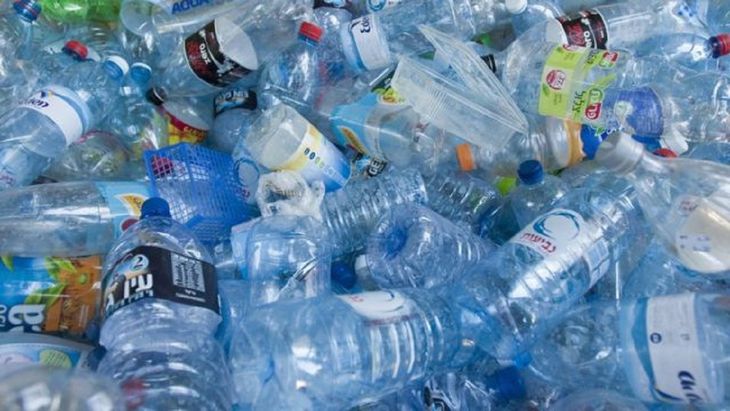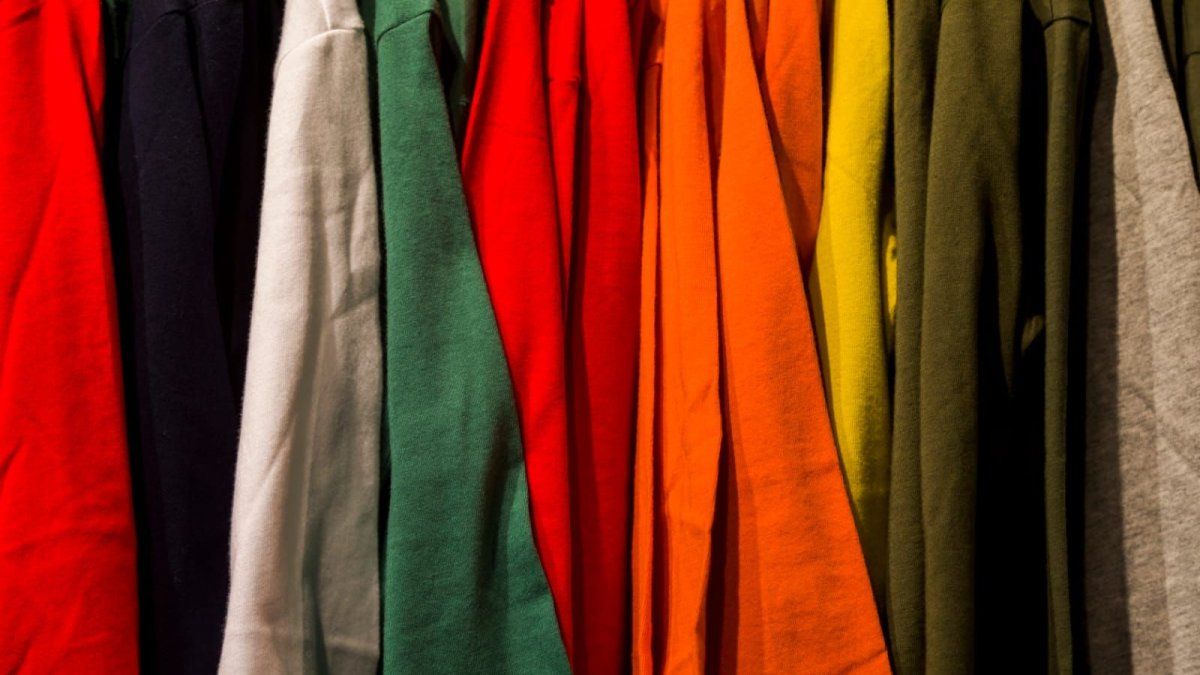The clothes we wear, the shampoo with which we bathe, cosmetics, fast food containers and even the water we drink: all these everyday objects can contain chemical substances that affect health and environment. This was warned by the well -being specialist Darin Olien, author of the Fatal book convenient (fatal comforts), during an interview at The Rich Roll Podcast, which has already generated global impact and concern among consumers.
In times where more and more people look for a healthy lifestyle, the data revealed by Olien invite us to review our most basic habits. “We are exposed to an invisible toxic cocktail every day, without knowing it,” he said. The concept of “fatal comforts” that the author coined, refers to practical products that we use without questioning, but could be silently damaging the body.
The most common products that could be dangerous
According to Olien, among the articles with the greatest chemical load are:
This type of substance can accumulate in the human body for years, altering the hormonal system, affecting fertility and, in some cases, increasing the risk of cancer. “The most serious thing is that all this happens without most knowing it,” Olien warned.
Pre shampoo 2.jpg
A weak regulation and a dangerous market logic
The book also denounces the lack of previous controls in countries such as the United States, where product safety regulations are not updated since 1939. “The burden of the test is not in companies. Only when the problem explodes, the authorities intervene,” said Greg Renfrew, founder of the Beauty Counter brand, also interviewed in the Podcast.
In many cases, products with cumulative effects are marketed without long -term studies. According to Olien, of the 60,000 to 80,000 chemicals present in the environment, less than 2,000 were scientifically analyzed, and none in combination with others.
plastic waste.jpg

The impact on health and what studies reveal
Environmental Working Group (EWG) data in the US shows that more than 90% of the population has post/pfas chemicals (Forever Chemicals) in the blood. And the most alarming: blood analysis in umbilical cords of newborns detected more than 200 chemical substances, many associated with cancer and congenital malformations.
Among the documented effects are:
-
Sperm and fertility decrease.
-
Thyroid and pituitary conditions.
-
Severe hormonal imbalances.
The Argentine case: How exposed are we?
Although most of the data come from the United States, in Argentina the situation is not very different. The proliferation of imported products, the rise of the Fast Fashion and the low regulation of cosmetic ingredients make local consumers also exposed to these substances.
In addition, many of the products sold in Argentine supermarkets or pharmacies come from factories where environmental regulations are lax. And the lack of official awareness campaigns contributes to generalized ignorance.
What can be done? Alternatives and daily actions
Far from alarmism, Olien proposes a proactive approach. “It’s not about giving up everything, but making informed decisions,” he explains. Some of the recommended measures include:
-
Wear Water filters at home.
-
Avoid single -use plastics.
-
Choose Hygiene products without fragrances or chemicals added.
-
Review Tags and avoid ingredients such as parabens, phthalates or triclosán.
-
Prioritize clothing Organic and Fair Trade.
It also highlights the role of organizations such as Environmental Working Groupwhich offer updated lists of safe products and alerts on dangerous chemicals.
Greenwashing: A silent enemy
One of the main challenges is the call Greenwashing: Marketing strategies that pass common products for “natural” or “healthy” without being. Phrases such as “Eco-Friendly”, “natural” or “recyclable” do not have a clear regulation and can confuse the consumer.
“Many brands take advantage of ignorance. You have to inform and demand transparency,” said Olien, who also encourages information and collectively pressing for a stricter regulation.
The warning is clear: the products we use every day can be slowly getting sick. But there is also room to change. Through conscious decisions, pressure on public brands and policies, it is possible to reduce exposure to invisible chemicals and protect both health and environment.
In Olien’s words: “A single consumer does not change the system, but millions of daily decisions can make a difference.”
Source: Ambito
I am an author and journalist who has worked in the entertainment industry for over a decade. I currently work as a news editor at a major news website, and my focus is on covering the latest trends in entertainment. I also write occasional pieces for other outlets, and have authored two books about the entertainment industry.




